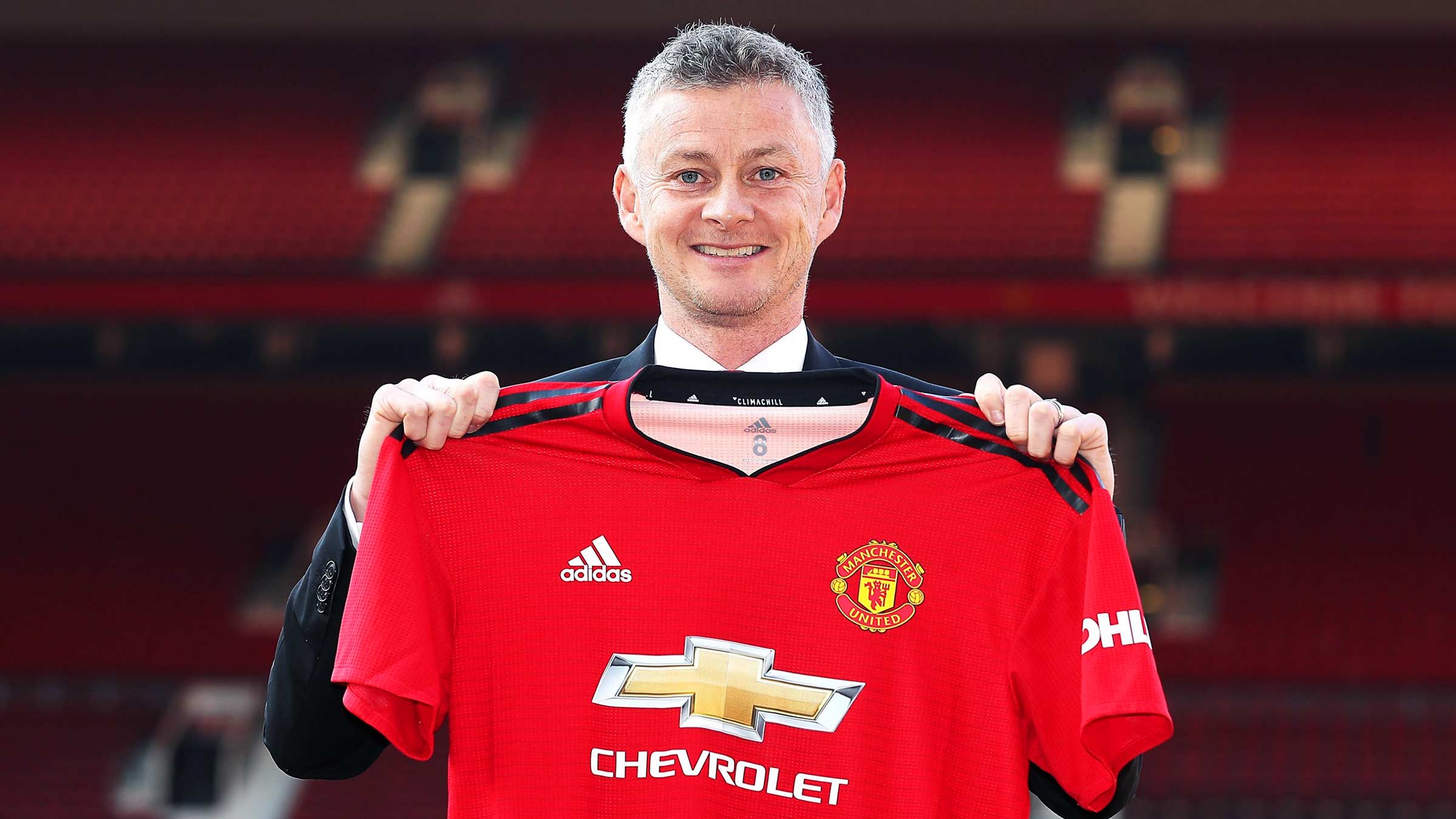Last month, I stumbled upon a programme on Channel 4, Child Genius, the contest to find the nation’s most gifted children. Watching the ambition, determination and drive of some of the kids was extraordinary. I couldn’t help wondering which of them would become chief executives one day. One girl – twelve-year-old Nishi Uggalle from Manchester – caught my attention almost immediately. A huge fan of Stephen Hawking and with a fierce intellect, Nishi wanted to ‘show girls they can win things’; I saw something special. It got me thinking about the age-old question of whether a leader is made or born, and how early it is possible to spot the necessary qualities.
For a long time biographers and journalists have sought extensively to deconstruct the ‘charismatic leadership’ of superstar leaders, such as Jeff Bezos, Sir Alex Ferguson, Sheryl Sandberg and Mark Zuckerberg. Thinking of charisma, two of our Veuve Clicquot Business Women of the Year winners that stand out for me are Sarah Wood, Founder, Unruly, and Carolyn McCall, CEO, ITV. Yet, charisma remains very difficult to define. Few who advocate it are able to convey what they mean by the term. With charisma comes a sense of admiration and even hero worship (just how I feel about Sir Alex!). It embodies a set of rare inspirational powers that inspire awe and submission in others.
Charisma wasn’t always as important in business as it is today. The typical chief executive would have once worked their way up through the ranks of a business. A shift in the late century – marking an osmosis of ideas and information technology – gave rise to a new breed of corporate leader, mostly, though not invariably, through external hires and entrepreneurial founders. These charismatic chief executives offered and inspired a vision of a radically different future. They shaped an almost religious concept of business, injecting words such as “mission,” “vision,” and “values” into the corporate dictionary.

Allan Leighton will probably go down in UK retailing history as the first modern example of a charismatic business leader. Joining from Mars, he became a national hero after ASDA’s textbook turnaround and sale to Walmart in 1999. Steve Jobs gave a more contemporary spin to Apple’s brand of inspirational leadership. Revered for his success in introducing people to the personal computer, which he dubbed the Star Wars-like “force” that could guarantee our “freedom”, Jobs drafted the new millennium and the digital coming of age. With it, he created a corporate culture that has become widespread, where colleagues work ceaselessly, uncomplainingly, to realise the vision of their messianic leader.
The charismatic leader of today inspires colleagues to work harder and gain the confidence of investors, analysts and the ever-sceptical press. In times of instability and transformation, an ever-increasing state, investors and boards turn their attention to chief executives who can shake things up and put an end to “business as usual”. The belief in the power of charisma in leaders can, however, be problematic. Single-handed faith in one person can exaggerate the impact that CEOs have on companies. In all too many cases, the charismatic leader is supposed to have the power to perform miracles — to bring a dying company back to life, for instance, or supersede much larger, more powerful competitors. What often gets ignored, are the external circumstances and how quickly things are changing.
The misguided assumption that chief executives are all-powerful is the main reason that the tenure of business leaders has grown ever briefer in recent years. If a chief executive is responsible for a company’s successes, after all, they must also be responsible for its failures. When corporate performance falters, the Board of Directors’ attention invariably focuses on the CEO, coming under enormous pressure to fire the chief and hire a saviour. Julian Dunkerton ‘blames’ chief executive, Euan Sutherland and the board for the catastrophic results at Superdry. As the founder, he wants to return, and he sees himself as the saviour of the company.
Charismatic leaders, across sport, religion or politics, mostly appear during a crisis. I’m delighted that Ole Solsjær was appointed on Thursday as the permanent Manchester United manager, following a remarkable turnaround of the chaos left by Jose Mourinho. The Solsjær v Mourinho case addresses the question of hiring ‘a step up’ candidate with charisma. Solsjær was brought in as a saviour by his association with Alex Ferguson, spending 11 seasons as player and scoring the winning goal in the 1999 Champions League final. He was a hero even before he got through the front door, but he sure has opened it well – claiming a total of 14 victories and two draws in just 19 games. He has reinstalled in United the faith set by Sir Alex – faith in the players, fans and broader community.

Faith is an invaluable, even indispensable gift in human affairs. In the sphere of business, the faith of entrepreneurs, leaders, and ordinary employees in a company, a product, or an idea can unleash tremendous amounts of innovation and productivity. Yet today’s extraordinary trust in the power of the charismatic chief executive resembles less a mature faith than it does a belief in magic. If, however, we are willing to begin rethinking our ideas about leadership, the age of faith can be followed by an era of faith and reason.
I backed Nishi all the way – she has charisma, steely determination, humility, confidence and an IQ higher than Stephen Hawking – and she did not let me down. She won Child Genius. I shall be following her to see where she ends up. My prediction? In 2042 she will be headhunted for the role of chief executive at GSK. Watch this space!
P.S. Who has been given the search for the vacancy at Number 10 Downing Street? As yet, I have not been called – nobody ever got fired for buying an IBM!







